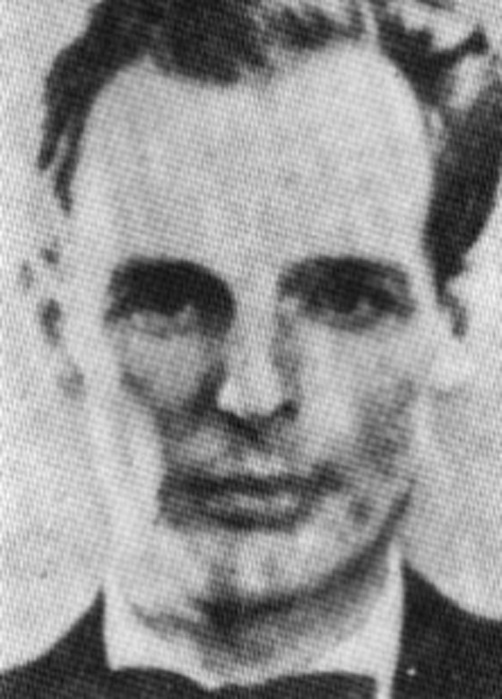Donald Maclean
Donald Maclean was the son of a Cabinet minister who became infamous in the 1950s when it was revealed that he had worked as a Soviet spy. He defected to the USSR in 1951 and died in Moscow in 1983.
Donald Maclean was born on 25 May 1913. He was educated privately at Gresham’s School, then went on to Trinity College, Cambridge in 1931. During his time at Cambridge, Maclean met Anthony Blunt, Kim Philby and Guy Burgess who all went on to become Soviet spies. Whilst Maclean was at Cambridge he was mostly likely recruited by Blunt to the KGB.
Once he left Cambridge, Maclean became a member of the diplomatic service and was made Third Secretary in 1938 at the British Embassy in Paris.

His role as an agent could have been exposed much earlier. KGB agent Walter Krivitsky defected to the West in 1939 and made MI5 aware of the fact that he knew 61 UK agents working for the KGB. He did not give away any names but instead provided detailed descriptions of KGB members he knew, and one particular description was a clear match with Donald Maclean’s privileged background. But MI5 were not convinced of Krivitsky’s integrity and did not follow up his testimony.
Nazi Germany attacked Western Europe in May 1940. The fall of France caused Britain to recall its diplomatic staff from Paris - including Maclean. In 1944 he was sent to Washington DC. He was able to get hold of very sensitive nuclear secrets during his time at the British Embassy, which he sent to Moscow. Maclean did not have access to detailed technical information but instead reported the nuclear programme’s progress and development to Moscow. With this information to hand, the KGB could guess how much uranium the US was able to access, as well as how many bombs they could build. There are a number of historians who claim that Stalin put the Berlin Blockade of 1948 in place and was in favour of North Korea during the Korean War because, thanks to Maclean’s information sent out by Moscow, Stalin knew America was not as powerful as it claimed to be with nuclear weapons.
Maclean worked in London after World War Two before going to Egypt and joining the diplomatic corps. He was sent back to London in 1950 because of his “wild behaviour”. Maclean was made Head of the American Department at the Foreign Office.
But his behaviour had aroused the suspicions of the security services. Kim Philby realised that Maclean would soon be uncovered as a spy. In 1950, Maclean and Guy Burgess were warned of an upcoming interrogation about their activities by MI5. On 25 May 1951 he escaped, along with Burgess, to the USSR.
Although Burgess failed to assimilate into USSR society, it was Maclean who made an effort and even became a Soviet citizen. His work was rewarded by the KGB by making him a KGB honorary colonel.
Donald Maclean died from a heart attack on 6 March 1983 at the age of 69.
See also: George Blake
MLA Citation/Reference
"Donald Maclean". HistoryLearning.com. 2026. Web.
Key facts
| Name: | Donald Duart Maclean |
| Birth Date: | 25 May 1913, Marylebone, London, England |
| Death: | 6 March 1983 (aged 69), Moscow, Russian SFSR, Soviet Union |
| Education: | Greshams School Trinity Hall, Cambridge (modern languages) |
